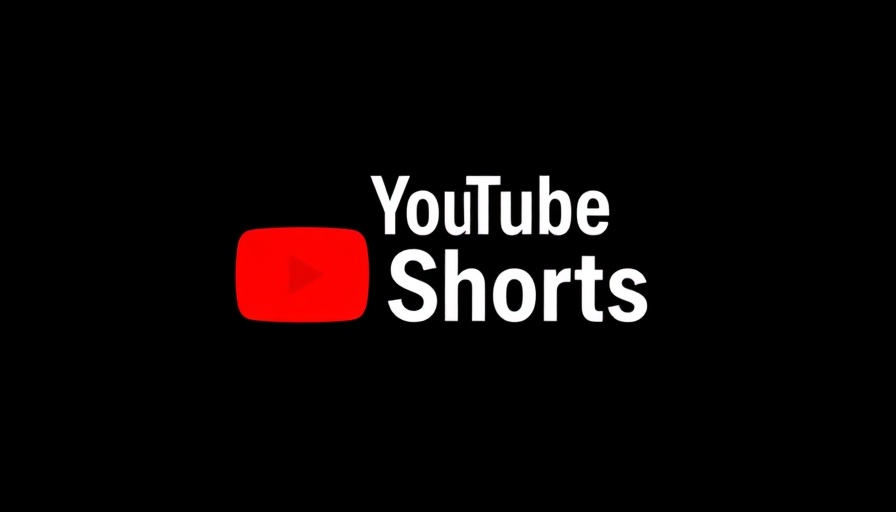
YouTube’s Machine Learning Experiment: The Hidden Enhancements
YouTube's recent admission of subtly enhancing users' videos with machine learning has sparked a significant uproar among creators. The updates were largely unannounced, leading many, including musician Rick Beato, to express concerns over creative ownership and the integrity of their content. Such alterations, intended to improve video clarity on Shorts, were reportedly made without creator consent. This uninvited ‘polishing’ could reshape the video-sharing landscape and the relationship between creators and the platform, raising ethical questions about ownership and transparency.
Creators in Uproar: The Need for Transparency
The digital landscape has evolved rapidly, and YouTube's decision to alter uploaded content behind the scenes without prior notice is reminiscent of a more traditional media environment where creators had little agency over their work. By experimenting with machine learning to deblur and denoise videos, content creators were left feeling their creative work was being manipulated without acknowledgment—an act that undermines not only trust but the very foundation of YouTube as a creator-driven platform.
Redefining Creative Ownership: A Delicate Balance
The core of the backlash stems from the fundamental sense of ownership creators feel over their content. YouTube's choice to implement sophisticated algorithms to enhance visual appeal raises questions around how much control creators truly have over their material. While the intention may have been to enhance user experience, such actions could inadvertently foster skepticism, especially as audiences become increasingly wary of what constitutes authentic content.
YouTube’s Response: A Move Toward Creator Empowerment
In response to an avalanche of criticism, YouTube has promised to introduce an opt-out feature for machine learning enhancements, signaling a possible shift towards greater respect and acknowledgment of creator rights. This programmed adjustment reflects YouTube’s effort to repair relationships with its creators, emphasizing the importance of choice in presenting one’s work. The opt-out option is a step forward, claiming to offer more power to content creators in an era where AI's influence is becoming omnipresent.
The Broader Implications for AI in Digital Content
This incident is plucking at a broader dialogue regarding the use of AI in digital content creation and the potential risks involved. AI technology enhances what we see, raising ethical concerns about authenticity. As seen with platforms like Netflix, where AI was used to remaster classic shows, creators and viewers alike were left questioning the authenticity of their favorite shows. This highlights the need for transparency in AI applications where creative content is concerned, setting a precedent for other digital platforms.
Future Trends: Navigating AI and Creator Rights
As AI continues to shape how content is created and consumed, platforms must navigate a fine line between enhancement and alteration. The evolution seen in YouTube's policy signifies a positive shift but also prompts critical reflection among companies about their responsibilities toward creators. Marketers and businesses can glean valuable insights from this event: success in digital content is rooted in collaboration, transparency, and maintaining trust.
As we watch YouTube roll out its new opt-out feature, businesses and creators must emphasize the importance of ownership and autonomy in their content creation processes. Understanding this evolving landscape is crucial for crafting marketing strategies that resonate with consumers, ensuring that the human element remains prevalent amidst a tide of technological advancement.
Conclusion: A Call for Ethical Practices in AI
The recent developments on YouTube's platform call for broader discussions around AI's ethical implications and the significance of creator consent. As developments unfold, businesses and creators alike should advocate for practices that uphold transparency. Keeping the dialogue open will allow for a respectful and beneficial partnership between AI technologies and the creative community.
 Add Row
Add Row  Add
Add 




Write A Comment